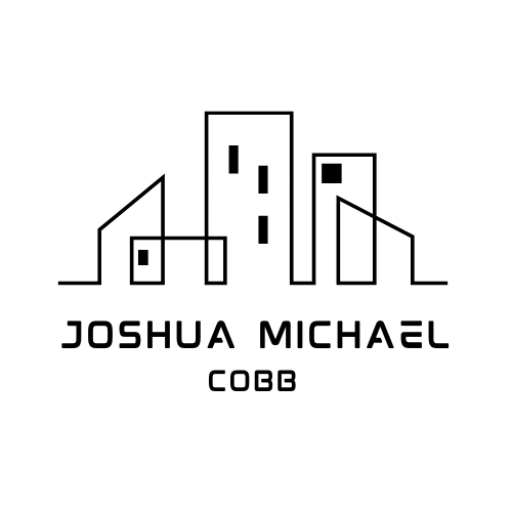A functional team is a group of individuals who work together to achieve a common goal. A functional team is essential for success in a business setting or any other group dynamic. However, creating a functional team is easier said than done. A few key components are necessary for a team to function at its best.
Communication is the most important key to a functional team. Effective communication ensures that team members understand each other’s roles, responsibilities, and expectations. This includes both verbal and nonverbal communication, such as body language and tone of voice. Team members should be encouraged to communicate openly and honestly without fear of judgment or criticism. This leads to better collaboration, fewer misunderstandings, and greater efficiency.
Another key to a functional team is trust. Trust is the foundation of any successful team and is built through consistent actions and behavior. Team members should be able to rely on each other to follow through on commitments, offer support, and maintain confidentiality when necessary. Trust is developed through mutual respect, honesty, and transparency, and it is essential for creating a positive team dynamic.
Clear goals and objectives are also essential for a functional team. Team members should clearly understand what they are working towards and how their efforts contribute to the team’s overall success. This includes both short-term and long-term goals, as well as specific metrics for measuring progress. Clear goals help keep team members focused and motivated, providing a sense of direction and purpose.
Effective leadership is also crucial for a functional team. A good leader sets the tone for the team and provides guidance and support when needed. A strong leader should be able to communicate effectively, delegate tasks appropriately, and offer constructive feedback when necessary. A leader respected and trusted by team members can inspire confidence and motivate the team to work towards its goals.
Finally, a functional team requires a positive team culture. This includes creating an environment where team members feel valued, respected and supported. Team members should be encouraged to share ideas and opinions and feel comfortable offering feedback to their colleagues. A positive team culture fosters collaboration, creativity, and innovation, and it can lead to a more productive and enjoyable work experience for all team members.
In conclusion, a functional team requires effective communication, trust, clear goals, effective leadership, and positive team culture. When these components are in place, team members are able to work together effectively, achieve their goals, and enjoy a positive and productive work experience. Creating a functional team is not easy, but with the right tools and mindset, any team can become a successful and high-performing unit.

